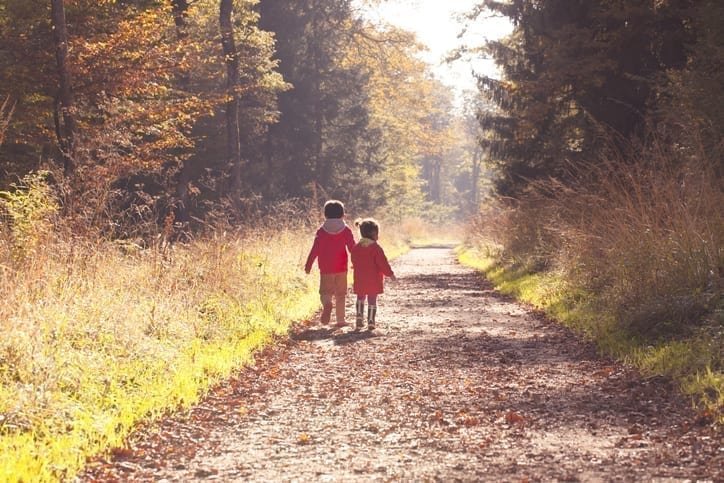Today (21 March) is the International Day of Forests (IDF) – a day, selected by the United Nations General Assembly in 2012, to celebrate and raise awareness of the importance of all types of forest.
On each International Day of Forests, countries are encouraged to undertake local, national and international efforts to organise activities involving forests and trees, such as tree planting campaigns.
Forests sustain life
Over 2 billion people rely on forests; shelter, livelihoods, water, food and fuel security all directly or indirectly involve forests. Some are obvious – such as fruits, paper and wood from trees – but others, including by-products that go into everyday items like medicines, cosmetics and detergents, are less so. Forests will be more important than ever as the world population climbs to 8.5 billion by 2030.
Many different human settlements, including 60 million indigenous people, rely on forests for their livelihoods, and 300 million people live in forests. They provide jobs for more than 13 million people across the world. Beyond humans, forests are home to 80% of the world’s terrestrial biodiversity.
We are losing our forests
Between 1990 and 2015, the world lost around 129 million ha of forest, an area the size of South Africa. When we take away the forest, it is not just the trees that go. The entire ecosystem begins to fall apart, with dire consequences for all of us.
After oceans, forests are the world’s largest storehouses of carbon. They provide ecosystem services that are critical to human welfare.
Forests absorb harmful greenhouse gases that produce climate change. In tropical forests alone, a quarter of a trillion tons of carbon is stored in above and below ground biomass.
They provide clean water for drinking, bathing and other household needs, while also protecting watersheds and reducing or slowing the amount of erosion and chemicals that reach waterways.
Forests also provide food and medicine, and serve as a buffer in natural disasters like flood and rainfalls.
 Play Video about This Rock Might Just Save The World
Play Video about This Rock Might Just Save The World Play Video about Play 2 hours of rock
Play Video about Play 2 hours of rock Play Video about Play 2 hours of brook
Play Video about Play 2 hours of brook Play Video about Play 2 hours of sheep
Play Video about Play 2 hours of sheep











































